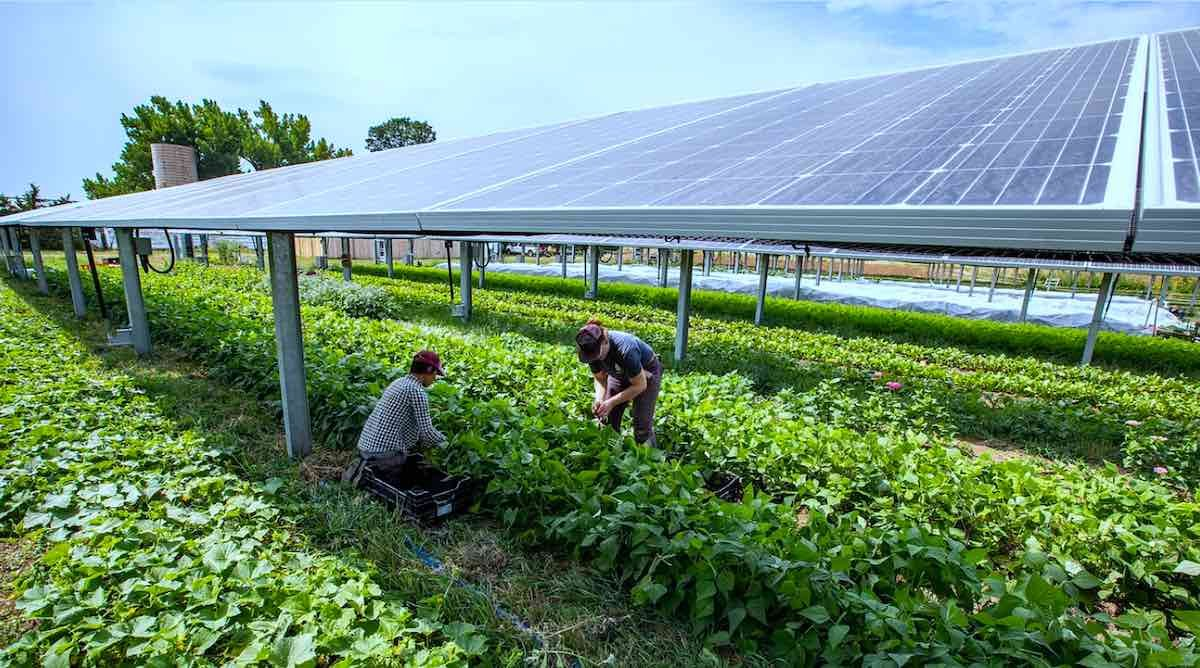The agricultural sector has undergone a major transformation in recent years. Sustainability is becoming more important. Solar energy is one source of transformation that has attracted attention. Solar energy can power farms, reducing the need for traditional energy sources and contributing to environmental conservation.
Agriculture is an important part of the global food supply, but it comes with significant environmental costs. Traditional farming practices heavily rely on fossil fuels to power machinery, irrigation systems, and other operations. This dependence not only increases greenhouse gases but also makes farming susceptible to fuel price fluctuations and supply chain disruptions.
Climate change presents agriculture with unprecedented challenges, such as extreme weather events, shifting precipitation patterns, and declining soil health. Solar energy is a promising way to address these challenges.
Solar power, derived from the sun, is a reliable and clean source of energy for agriculture. Photovoltaic panels (PVs) installed on farm structures or land allow farmers to capture the sun’s rays and convert them into electricity. The electricity generated can be used for a variety of farm activities, including irrigation pumps, livestock operations, and lighting.
The Role of Solar Energy in Farm Sustainability
The traditional farming practices that are heavily dependent on fossil fuels, contribute to greenhouse gas emissions and exacerbate climate change. Solar power can help farms reduce their carbon footprint. Solar energy systems produce electricity without emitting greenhouse gases, allowing farms to operate sustainably.
Cost Savings & Economic Viability
Solar energy offers farms significant savings and benefits. Although the initial investment may be expensive, the savings on energy can offset these upfront costs. Solar installations are low-cost to operate and maintain compared to other energy sources. This can lead to significant savings over their lifetime. Solar energy systems can also provide additional revenue streams to farms through net metering or by selling excess electricity back into the grid. These financial incentives increase the economic potential of solar energy adoption by agriculture. They allow farms to improve their bottom line while investing in sustainability.
Promoting Sustainable Agriculture Practices
Solar energy can be used to create sustainable farms that are a model for the agriculture industry and their local communities. Adopting solar energy demonstrates a commitment to the environment and responsible resource management. This inspires other farms to adopt the same practices. Integrating solar energy into farming encourages innovation and more sustainable agricultural techniques and technologies. Solar-powered farms are a great example of the synergy between agriculture and renewable energy, leading to a more sustainable system for food production.
This post was written by Daniel Massaad, owner and expert solar technician at Energy Solutions Direct! ESD is the top choice for solar companies in Tampa! Our licensed and certified contractors are masters of their craft; with years of experience servicing the great Tampa Bay area and beyond, the choice is simple. ESD excels at offering you the best in solar value!











Comments